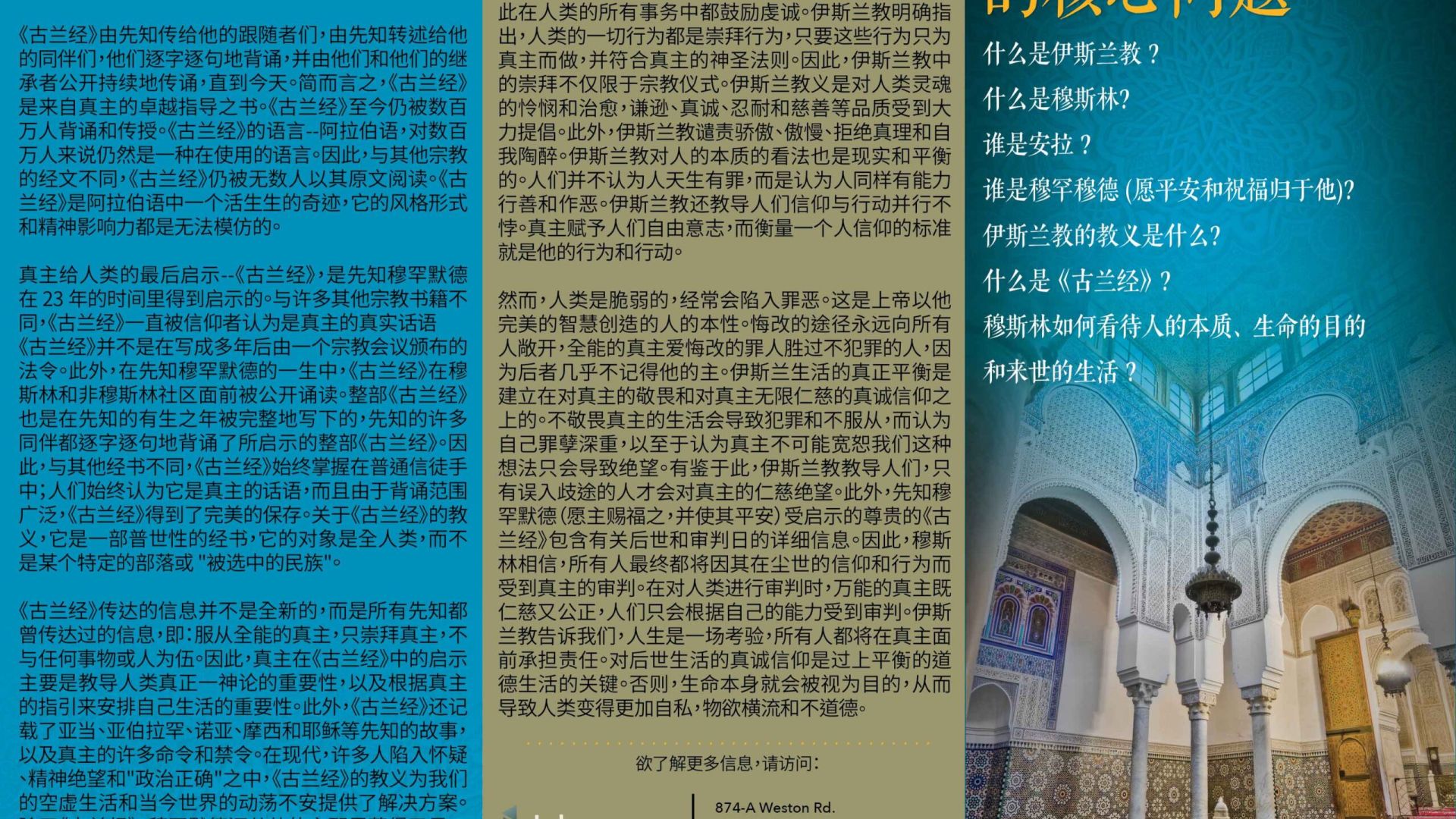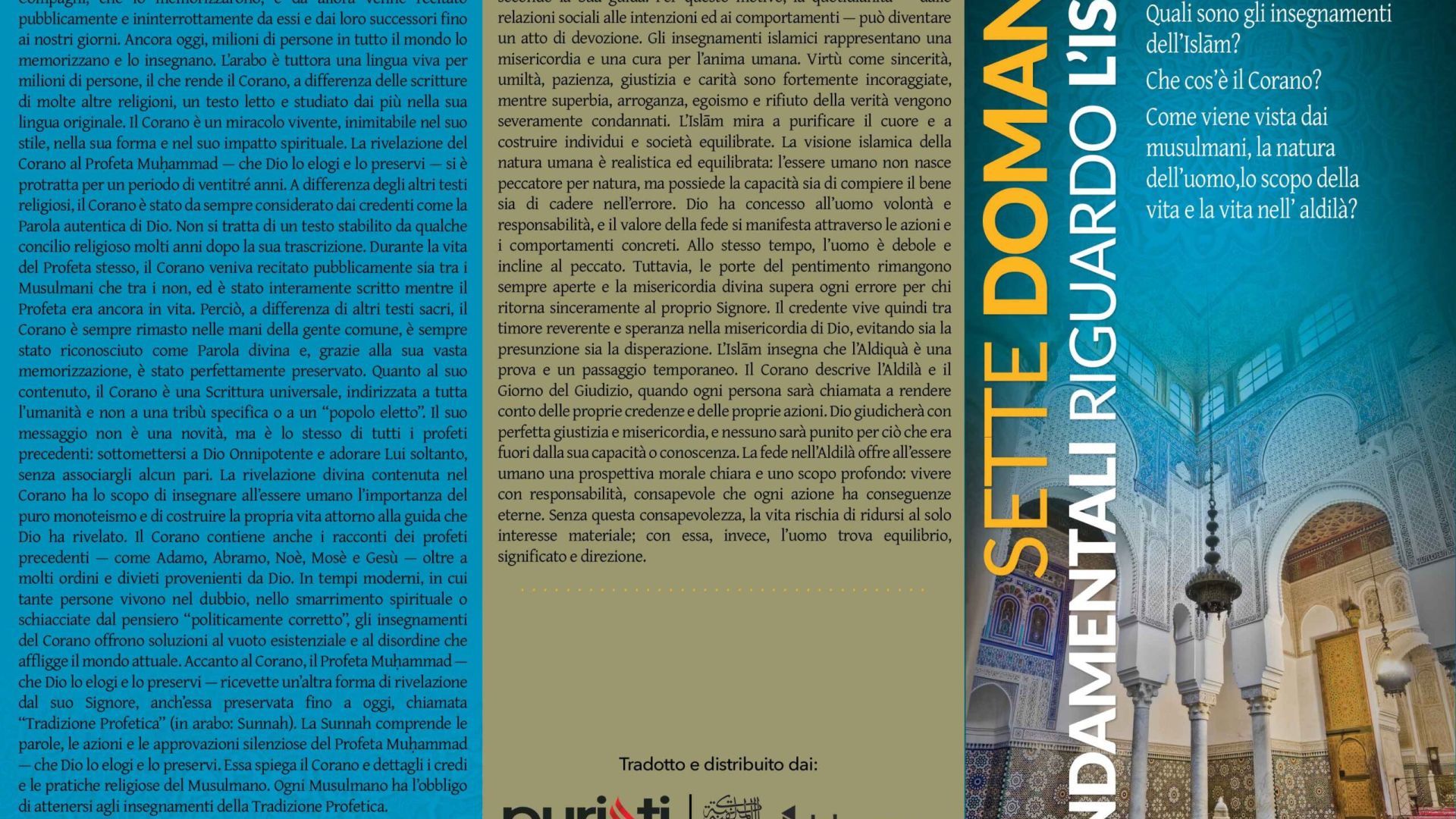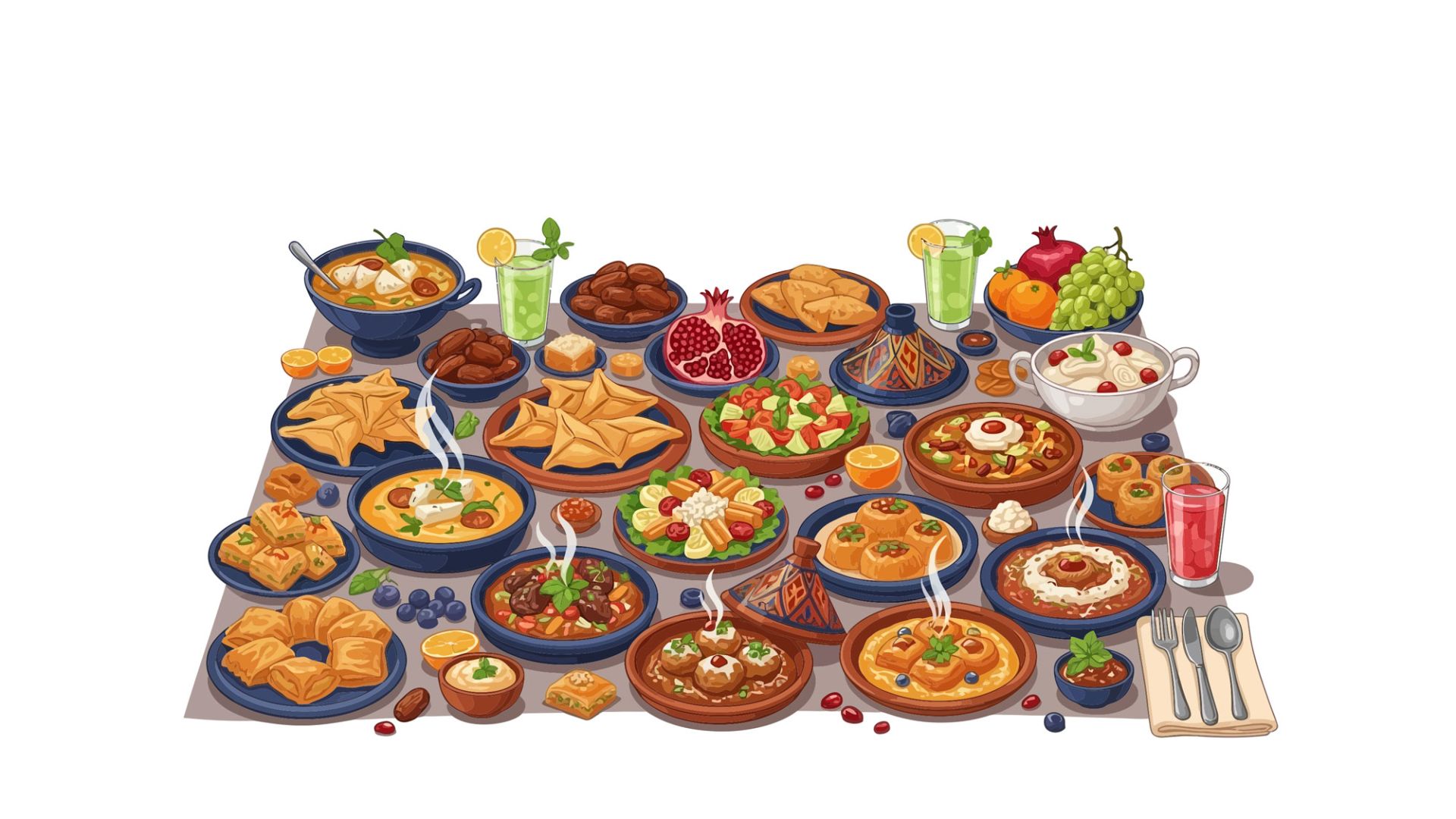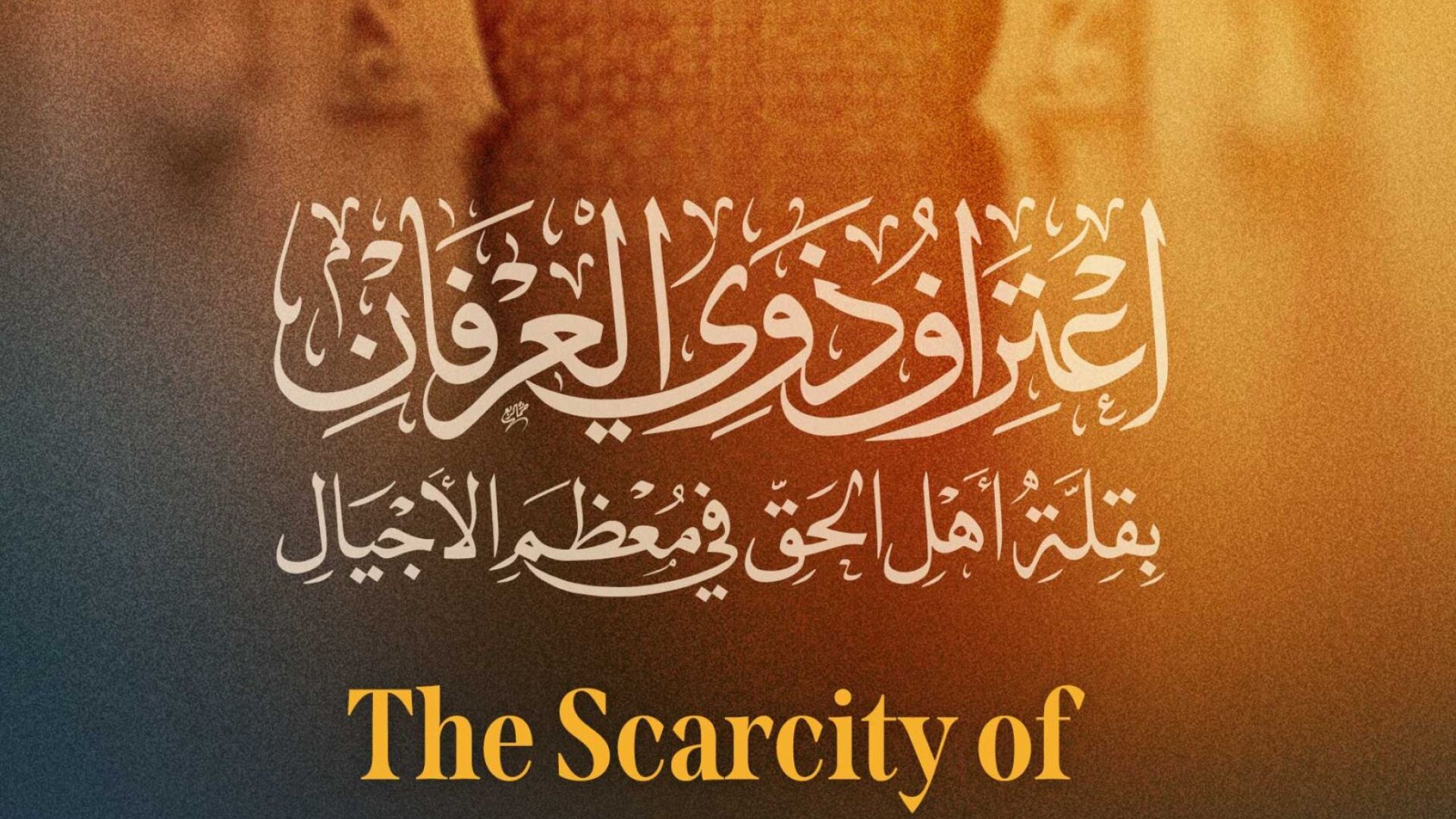Our Daʿwah
Shaykh Muqbil ibn Hādī al-Wādiʿ
A prolific yet concise list of principles that define the authentic call to Islām as it practiced by the Prophet (ﷺ) and his Companions.
Our Daʿwah
Shaykh Muqbil ibn Hādī al-Wādiʿ
A prolific yet concise list of principles that define the authentic call to Islām as it practiced by the Prophet (ﷺ) and his Companions.
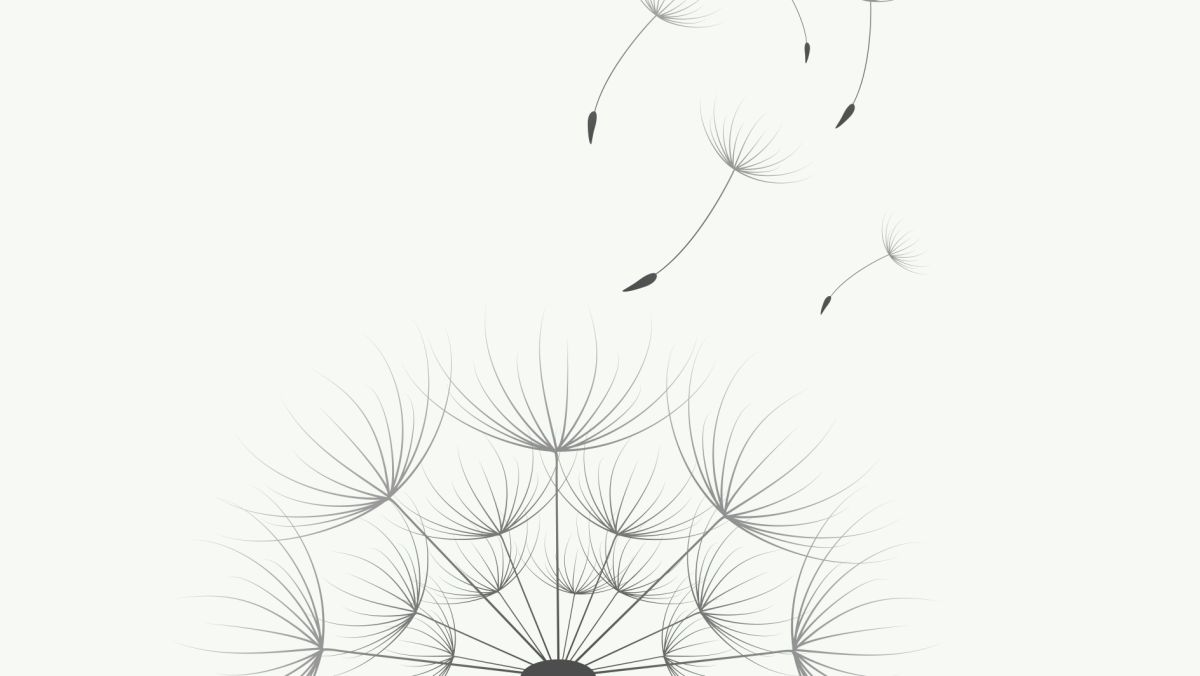

- We believe in Allāh and His Names and Attributes, as they were mentioned in the Book of Allāh and in the Sunnah of the Messenger of Allāh (صلى الله عليه وسلم), without taḥrīf (distortion), nor taʿwīl (figurative interpretation), nor tamthīl (making a likeness), nor tashbīh (resemblance), nor taʿtīl (denial).
- We believe that calling upon the dead and seeking aid from them, and similarly with the living, in that which no one besides Allāh is capable of, is shirk (associating partners) with Allāh. Likewise, believing that charms and amulets can bring about benefit along with Allāh, or without Allāh is shirk, and carrying them without that belief is superstition.
- We take the Book and the Sunnah upon their apparent meanings, and we do not perform taʿwīl, except through a proof that necessitates taʿwīl (figurative interpretation) of the Book and the Sunnah.
- We believe that the Believers will see their Lord in the Hereafter, without inquiry into the modality. And we believe in the Intercession (al-Shafāʿah) and in the people of Tawḥīd being taken out of the Fire.
- We love the companions (رضي الله عنهم) of the Messenger of Allāh (صلى الله عليه وسلم), and we hate those who speak against them. We believe that to speak ill of them is to speak ill of the religion, because they are the ones who conveyed it to us. And we love the family of the Prophet (صلى الله عليه وسلم) with love that is permitted by the Sharīʿah.
- We love the People of Ḥadīth and all of the Salaf of the Ummah from Ahl al-Sunnah.
- We despise ʿilm al-kalām (knowledge of theological rhetoric), and we view it to be from amongst the greatest reasons for the division in the Ummah.
- We do not accept anything from the books of fiqh (jurisprudence), nor from the books of tafsīr (explanation of the Qurʾān), nor from the ancient stories, nor from the sīrah (biography) of the Prophet (صلى الله عليه وسلم), except that which has been confirmed from Allāh or from His Messenger (صلى الله عليه وسلم). We do not mean that we have rejected them, nor do we claim that we are not in need of them. Rather, we benefit from the discoveries of our scholars and the jurists and other than them. However, we do not accept a ruling, except with an authentic proof.
- We do not write in our books, nor do we cover in our lessons, nor do we give sermons with anything except the Qurʾān, or the authentic and authoritative ḥadīth. And we detest what emanates from many books and admonishers in terms of false stories and weak and fabricated aḥādīth.
- We do not perform takfīr (i.e., declare apostasy) upon any Muslim due to any sin: except shirk with Allāh, the abandonment of prayer, or apostasy. We seek refuge in Allāh from that.
- We believe that the Qurʾān is the Speech of Allāh, it is not created.
- We hold cooperation with any Muslim upon the truth to be obligatory and we declare ourselves free in front of Allāh from the calls of Jāhiliyyah (pre-Islāmic times of ignorance).
- We do not deem it correct to revolt against the Muslim rulers as long as they are Muslims, nor do we feel that revolutions bring about reconciliation. Rather, they corrupt the community. As for the rulers of Aden, then we feel that fighting them is obligatory, until they repent from heresy, socialism, and calling people to the worship of Lenin and Marx (i.e., communist ideals) and other than these two from those who professed disbelief.
- We hold that this multiplicity of present day parties is a reason for the division of the Muslims and their weakness.
- We hold that the daʿwah (call) of the Ikhwān al-Muslimīn is not an upright and righteous daʿwah that brings about the rectification of the community. Indeed, their daʿwah is political, not religious. It is also a daʿwah of innovation, because it is a call to making unknown allegiance and a daʿwah of fitnah (trial, discord) founded upon innovation, and all of it is built upon innovation.
- We advise the brothers who work amongst them to abandon them, until nothing of their time is afforded to that which does not benefit Islām and the Muslims. And it is upon the Muslim that his priority be to Allāh in aiding Islām and the Muslims upon the hand of any Muslim under any Jamāʿah.
- We restrict our understanding of the Book of Allāh and of the Sunnah of the Messenger of Allāh (صلى الله عليه وسلم) to the understanding of the Salaf of the Ummah from the Scholars of Ḥadīth, not the blind-followers of their individuals. Rather, we take the truth from wherever it comes. And we know that there are those who claim Salafiyyah, yet Salafiyyah is free from them, since they bring to the society what Allāh has prohibited.
- We believe that politics is a part of the religion, and those who try to separate the religion from politics are only attempting to destroy the religion and to spread chaos. Likewise, what has been spread in some of the Islāmic countries that, ‘The Religion is for Allāh, but the state is for the people,’ is a call of Jāhiliyyah. Rather, everything must be for Allāh.
- We believe there will be no honour or victory for the Muslims until they return to the Book of Allāh and to the Sunnah of the Messenger of Allāh (صلى الله عليه وسلم).
- We hate the present day parties: the apostate Communist party, and the apostate Baʿthī party, and the apostate Nāṣirī party, and the apostate Socialist party, and the apostate Rāfiḍī party. And we believe that all of the people are divided into two parties: the party of Allāh, and they are those who establish the pillars of Islām and the pillars of īmān (faith). And there is the party of Shayṭān, and they are those who wage war against the Sharīʿah of Allāh.
- We oppose those who divide the religion into trivialities and important issues. And we know that this is a destructive call.
- We oppose those who put down the knowledge of the Sunnah, and say that this is not the time for it. Likewise, we oppose those who put down acting upon the Sunnah of the Messenger of Allāh (صلى الله عليه وسلم).
- We hold that the most important affairs must be given precedence over others. So it is obligatory upon the Muslims that they give importance to ʿaqīdah (creed), then to thwart the efforts of the Communists and the Baʿth party. So this cannot occur, except by holding fast to the Book and the Sunnah.
- We hold that no Jamā’ah has the capability of facing the enemies, whether it be the Rāfiḍī, or the Shīʿī, or the Ṣūfī, or the Sunnī; until they have true brotherhood and unity upon this ʿaqīdah.
- We oppose those who are arrogant and claim that the callers to Allāh are Wahhābiyyah agents. And we know that their filthy intention is that they wish to place an obstruction between the common-folk and the People of Knowledge.
- Our daʿwah and our ʿaqīdah is more beloved to us than our own selves, our wealth and our offspring. So we are not prepared to part with it for gold, nor silver. We say this so that no one may have hope in buying out our daʿwah, nor should he think that it is possible for him to purchase it from us for dīnār or dirham. Since the politicians already know this about us, they have despaired of buying it from us with granted positions or wealth.
- We love the governments in accordance with what they have of goodness, and we hate them for what they have of evil. And we do not permit revolting against them, except if we have seen clear disbelief from them, about which we have a proof from Allāh, with the condition that we are capable of that, and that there not be any civil strife between the Muslims and their opponents. Since the rulers portray those who revolt against them as spies causing corruption. And thereupon, other conditions come in, refer to our other books. And the most dreadful of governments is the Communist government of Aden. May Allāh hasten its downfall and purify the Islamic countries from it.
- We accept direction and advice from wherever it comes and we know that we are students of knowledge, we are correct sometimes and incorrect at other times. We are ignorant at times and knowledgeable at times.
- We love the present day Scholars of the Sunnah and hope to benefit from them, and we regret the passing away of many of them.
- We do not accept a fatwá except from the Book of Allāh and the Sunnah of the Messenger of Allāh (صلى الله عليه وسلم).
- We oppose those who visit the graves and other than them from amongst those who allege heresy in praise.
- We oppose the calls of Jāhiliyyah such as nationalism and Arab nationalism. We oppose them, and we name them calls of Jāhiliyyah, and we hold that they are reasons for the downfall of the Muslims.
- We are awaiting the renewer that Allāh renews this Religion with. Abū Dāwūd (d.257 AH) relates in his Sunan from Abū Hurayrah (رضي الله عنه) , from the Prophet (صلى الله عليه وسلم) said, “Verily Allāh sends at the head of every one hundred years a renewer for this Ummah to renew its Religion.”1
- We firmly believe in the misguidance of the one who rejects the aḥādīth pertaining to the Mahdī, the Dajjāl (Antichrist) and the descent of ʿĪsá ibn Maryam (عليه السلام). And we do not mean the Mahdī of the Rāfiḍah. Rather, we mean the leader from the family of the Prophet (صلى الله عليه وسلم), from the people of the Sunnah filling up the earth with justice and fairness, just as it was filled with oppression and injustice before. And we say that he is from Ahl al-Sunnah, because cursing the noble Companions is not from justice.
- These are glimpses into our ʿaqīdah and our daʿwah. And mentioning them with their proofs would lengthen the book. Indeed, I have mentioned their proofs in al-Makhraj min al-Fitnah. So if one has any objection to this, then we are prepared to accept advice if it is truthful, and to refute it if it is erroneous, and to avoid it if it is stubborn rejection. And Allāh knows best.
So let it be known that this has not fully covered our daʿwah and our ʿaqīdah, since our daʿwah is from the Book and the Sunnah, to the Book and the Sunnah, and our ʿaqīdah is likewise. And Allāh is sufficient for us, and He is the best of those who are trusted. And there is no might, nor power, except with Allāh.
Endnotes:
[1] Ṣaḥīḥ: Related by Abū Dāwūd (no. 4291), al-Ḥākim (4/522), al-Khaṭīb al-Baghdādī in Tārīkh Baghdād (2/61), Ibn ʿAdī in al-Kāmil (1/123), al-Bayhaqī in Maʿrifah al-Sunan wa-al-Āthār (1/137). It was authenticated by Imām Aḥmad, as is found in Siyar Aʿlām al-Nubalāʾ (10/46), and by al-Ḥākim and al-Dhahabī as is found in Fayḍ al-Qadīr (2/282). Indeed, Imām Shams al-Ḥaqq al-ʿAdhīmābādī (d.1349 AH) – رحيمه الله – said in ʿAwn al-Maʿbūd (11/385), “And what is meant by revival of that which has been effaced from action upon the Book and the Sunnah and command according to them,’ and he said in it, ‘And that reviver (mujaddid) will not be known except by preponderance of opinion of those scholars who live in his time – due to his condition and the benefit that is derived from his knowledge – since the reviver (mujaddid) must be one having knowledge of the branches of knowledge of the religion, that which is apparent and that which is not apparent, aiding the Sunnah (nāṣirun li-al-Sunnah), cutting off innovation, and that his knowledge is recognized by the people of his time…” and he continued, “So it is clear that the mujaddid will not be except one who is a scholar of the branches of knowledge of the religion and along with that strives and gives great attention day and night to reviving matters of the Sunnah and spreading it, and aiding its companion, and killing off innovation and new matters and effacing them, and routing its people with the tongue, or by writing books, or teaching, and so on – and one who is not like that can in no way be a mujaddid – even if he is a scholar of religious sciences, famous amongst the people and referred to by them.”
Source: Adapted from Tarjumah Abī ʿAbd al-Raḥmān Muqbil Ibn Hādī al-Wādiʿī (p.135-142).
Translated by: Maaz Qureshi
Most Popular: Last 30 Days

Everyone’s Speech Is Subject to Acceptance or Rejection Except the Prophet (ﷺ)





